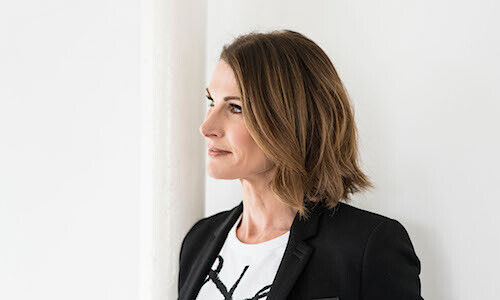UBS' Crisis of Identity
To be sure, that is UBS' job as a publicly-listed firm – shareholders wants the bank to compete with its global rivals. The push has also opened a divide between UBS' social conscience and parts of its business.
Formula 1 Sustainability?
UBS hasn't entirely cut off financing for environmentally or socially questionable firms such as those involved in palm oil production, deforesting vulnerable wildelife areas, coal, mining, or oil – all sectors which stand in direct conflict with UBS' devotion to environmental and social goals.
The most obvious example? UBS still sponsors Formula 1 racing, a sport which is laden with environmental issues. UBS' Formula 1 sponsoring is part of a portfolio which «helps the world better understand who we are and what we believe in» while providing «exciting business and hospitality opportunities.»
Clientele Widens Gap
The loud engines and noxious exhaust fumes appeal to a wide swath of the world's richest individuals. Ironically, these clients have contributed to the widening wealth gap they now seem to fret about – a financial market boom has swept huge gains into their portfolios.
How does UBS reconcile multiplying the fortunes of its super-rich clientele with its newfound social awareness of the growing gap between the haves and have-nots? The bank told finews.com that it has trimmed its sponsoring of Formula 1 in favor of other projects like «Nobel Perspectives,» which focuses on education and transferring knowledge.
Reliant on «Wrong» Growth
A resounding endorsement by UBS' American investment chief Mike Ryan for President Donald Trump's tax reforms, which includes a fat tax break for the wealthy, is just as jarring. To be sure, UBS shouldn't be critized for backing initiatives which stimulate the U.S. economy.
However, the contrast between its lofty talk in last year's white paper – that the world simply could not continue as it was given uneven growth and wealth gaps – is stark.
UBS also can't be criticized for the growing ranks of highly-qualified and motivated staff who are taking new investment ideas and solutions under the «do good and earn from it» motto to their clients.
Marketing Spiel?
But UBS remains a global financial giant, dependent on economic growth and financial market gyrations for opportunities to make money. With UBS' social push, one can't shake the sense that the bank has jumped on the sustainable train for marketing and branding reasons, and less for a true and idealistic desire to better the world.
Both Credit Suisse and UBS in annual studies on ultra-rich behavior acknowledged the growing income gap – and presented in-house solutions meant to address it.
The options range from investment strategies and pension schemes for the financially disadvantaged to philanthropy and impact products meant to quell their clients' guilty consciences. UBS, it seems, has the right product for literally every client need.
- << Back
- Page 2 of 2



























